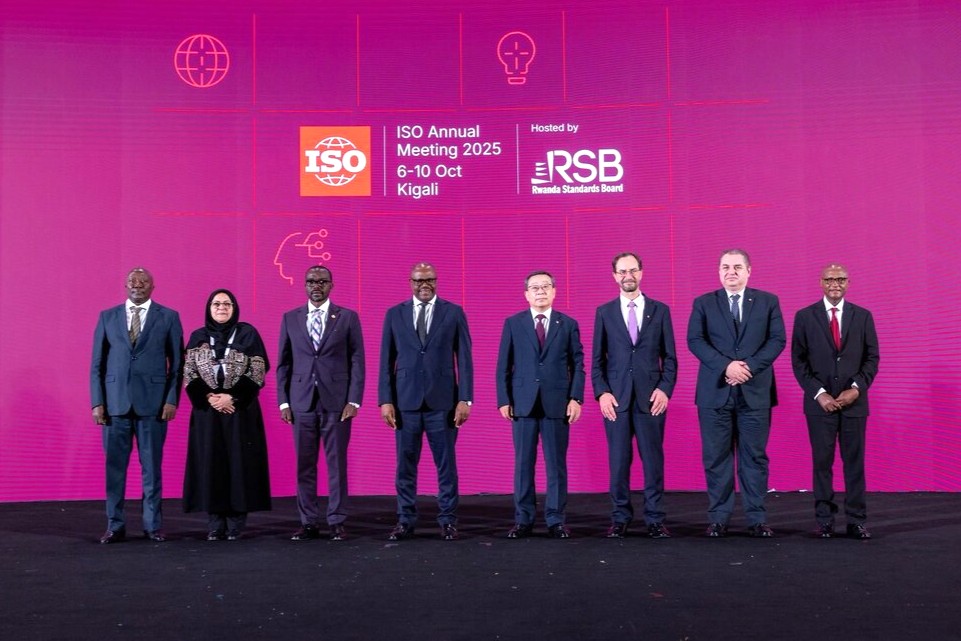ISO Unveils World’s 1st Biodiversity Standard to Drive Corporate Action
The new ISO standard provides a global framework to help organizations measure, manage and act on biodiversity effectively.
The International Organization for Standardization launched the world’s first ISO Standard focused on helping organizations take measurable action on biodiversity during its Annual Meeting 2025 in Kigali, Rwanda, on Tuesday.
The new ISO Standard, ISO 17298: Biodiversity for Organizations – Guidelines and Requirements, offers a practical, scalable framework for organizations to assess their biodiversity impacts, dependencies, risks and opportunities.
Biodiversity is critical for ecosystem stability and economic resilience. As nature loss accelerates, ISO said the new standard provides a vital roadmap for businesses to act on biodiversity in a structured and accountable way.
“When biodiversity declines, businesses face higher operating costs, disrupted supply chains, and increased regulatory and reputational risks,” ISO said. “Acting on biodiversity strengthens operations and builds trust with investors and communities.”
From Ambition to Implementation
ISO Head of Sustainability and Partnerships Noelia Garcia Nebra said the ISO Standard will enable organizations to integrate biodiversity into core strategies and governance systems.
“Many organizations recognize the urgency but lack a clear path,” she said. “Until now, there has been no globally agreed standard to embed biodiversity into corporate strategies and operations.”
She added that ISO 17298 closes this gap by embedding biodiversity considerations into risk management and governance, not just sustainability reporting, ensuring global alignment and practical application.
Aligning With Global Frameworks
The standard has been designed to work alongside widely used sustainability tools, including ISO 14001, ISO 26000, the Taskforce on Nature-related Financial Disclosures framework and the UN Sustainable Development Goals. It also supports the Kunming-Montreal Global Biodiversity Framework, particularly Target 15 on corporate action.
ISO Director of Standardization Marco Rossi said the new framework is scalable and inclusive, suitable for organizations of all sizes and sectors.
“ISO 17298 helps users — from SMEs to cities — produce credible biodiversity data that can inform investment decisions and improve disclosure,” he said. “By grounding biodiversity action in a global standard, we can move from ambition to implementation.”
Global Collaboration and Support
Developed by ISO Technical Committee 331 on Biodiversity, the standard involved experts from more than 60 countries. It marks the committee’s first published work, with more biodiversity-related standards planned.
Emily McKenzie, technical director at TNFD, said the standard will help align nature-related approaches across sectors.
“Biodiversity is a critical factor in business resilience and value creation,” she said. “ISO 17298 builds on TNFD’s LEAP approach, helping organizations consider nature-related risks and opportunities systematically.”
Rwanda Launches National Biodiversity Plan
The launch took place during the ISO AM25 session “From Risk to Action: Why Biodiversity Matters to Your Business,” where Rwanda’s Minister of Environment also unveiled the country’s National Biodiversity Strategy and Action Plan.
The plan highlights Rwanda’s commitment to restoring ecosystems and safeguarding its natural assets.
ISO said ISO 17298 is the first in a suite of biodiversity standards. Future work will cover biodiversity vocabulary, biodiversity net gain, and characterization of native species-based products.
Together, these will form the technical backbone for transparent, scalable biodiversity action worldwide.
Nirmal Menon
Related posts
Subscribe
Error: Contact form not found.


